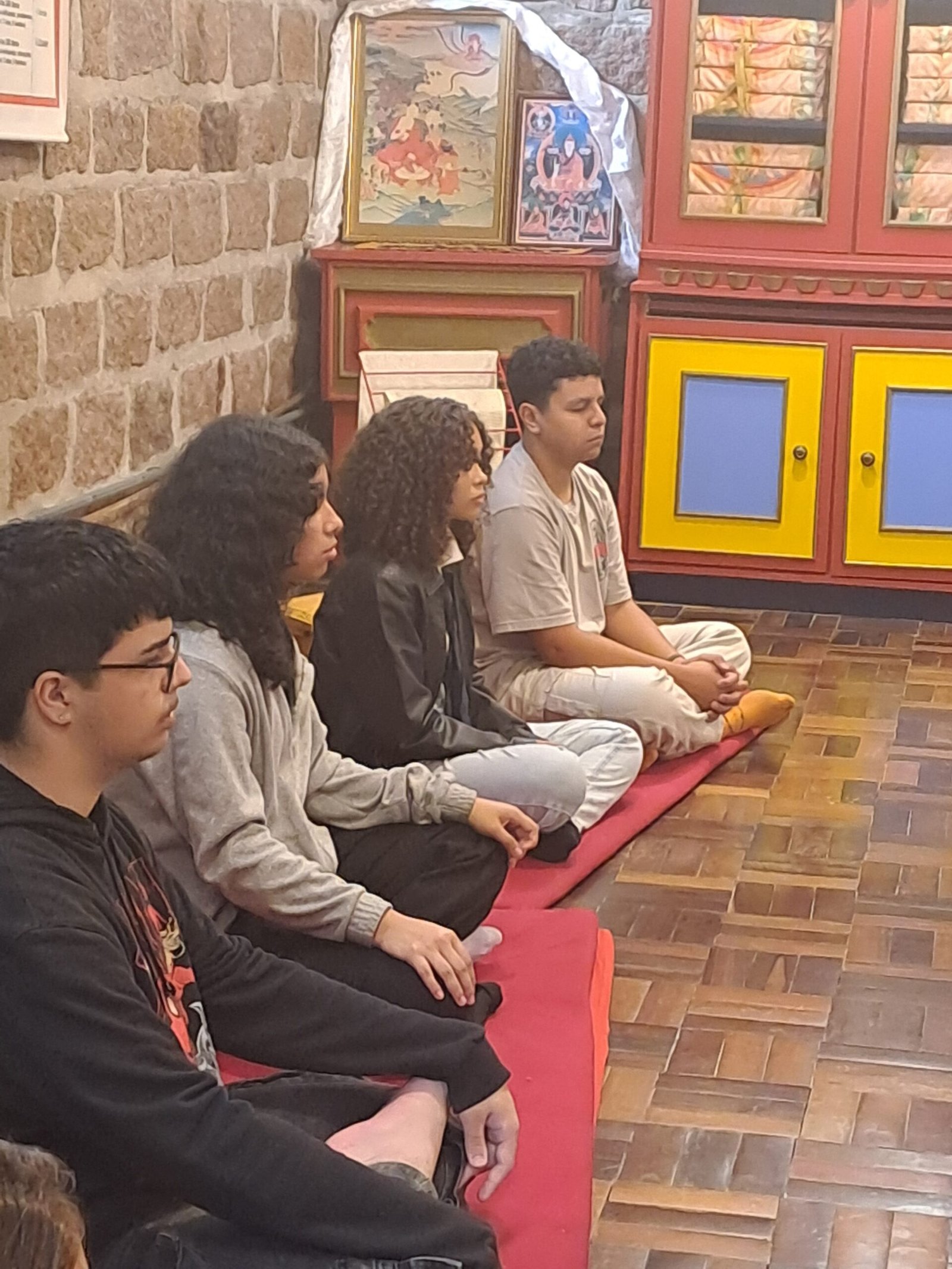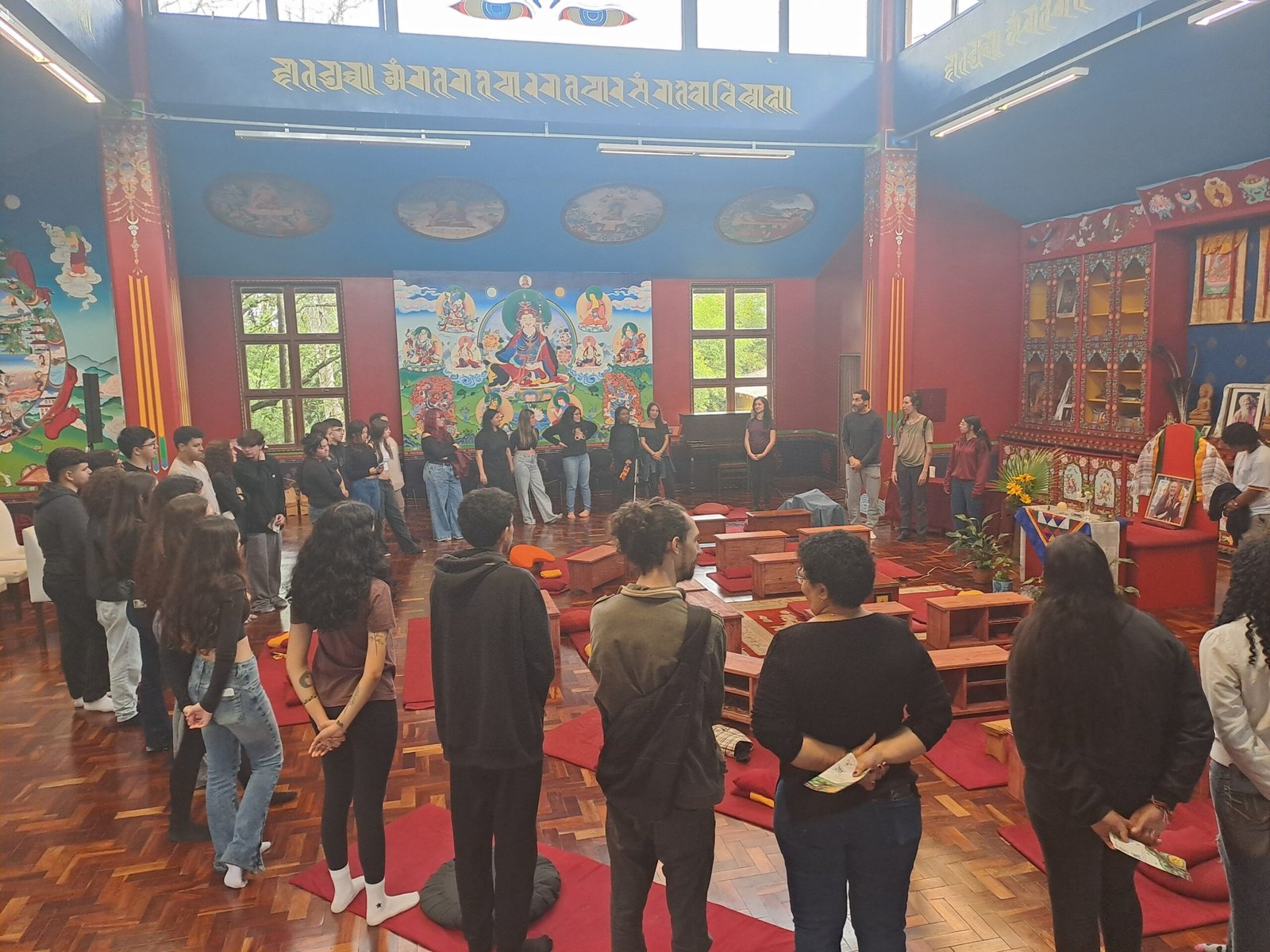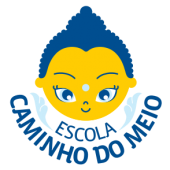Dentre as relações positivas que visamos fomentar, destacamos aquelas com as comunidades tradicionais do Brasil: comunidades indígenas, quilombolas, ribeirinhas, dentre outras.
Em suas formas tradicionais de entendimento da vida, do mundo e de sua própria existência – uma riqueza em termos de conhecimento e cultura –, esses povos se tornam interlocutores valiosos, com os quais temos muito a aprender. Assim, partindo de uma relação de igualdade e de um lugar de abertura, abrimos espaço para uma escuta profunda, construindo mais pontes entre o mundo “dos brancos” e esses mundos que são, muitas vezes, marginalizados.
Nos eventos educacionais e de diálogo, buscamos sempre trazer as vozes desses saberes, que nos ajudam a deslocar nossas maneiras de pensar e enriquecer as perspectivas. Nos últimos anos, convidamos grandes lideranças indígenas do país, de diferentes etnias, como Ailton Krenak, Daniel Munduruku, Kaká Werá, dentre outros.

Em Viamão (RS), temos amadurecido uma aliança especial com os povos Guarani Mbya, especialmente por meio das nossas tekoá (aldeias) vizinhas, como a Tekoa Jatai’ty (Cantagalo), a Tekoa Anhetenguá (Lomba do Pinheiro) e a aldeia da Retomada Guarani em Maquiné (RS), a Tekoa Ka’aguy Porã.
Com relação a esta última, desde o princípio o ICM apoia o processo de retomada de terras da extinta Fundação de Pesquisas Agropecuárias (FEPAGRO), no município de Maquiné.






